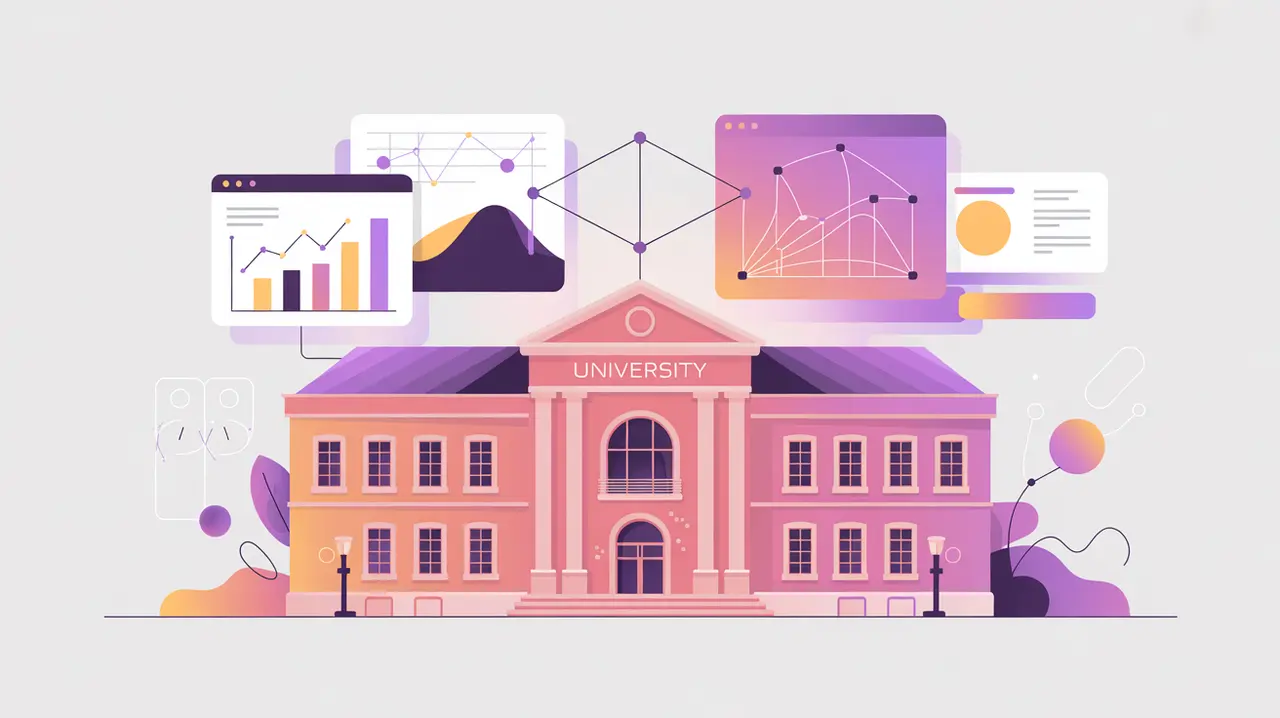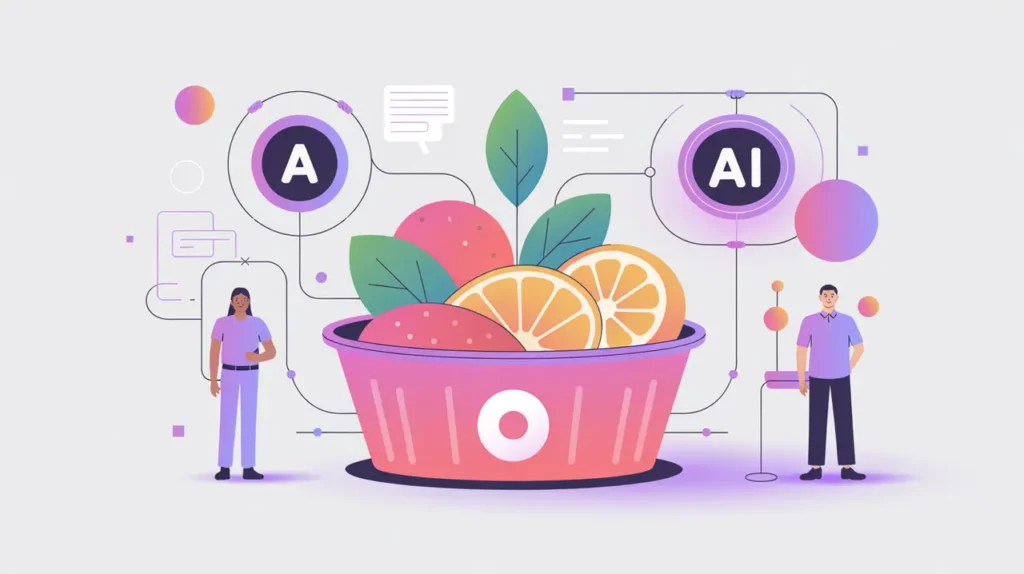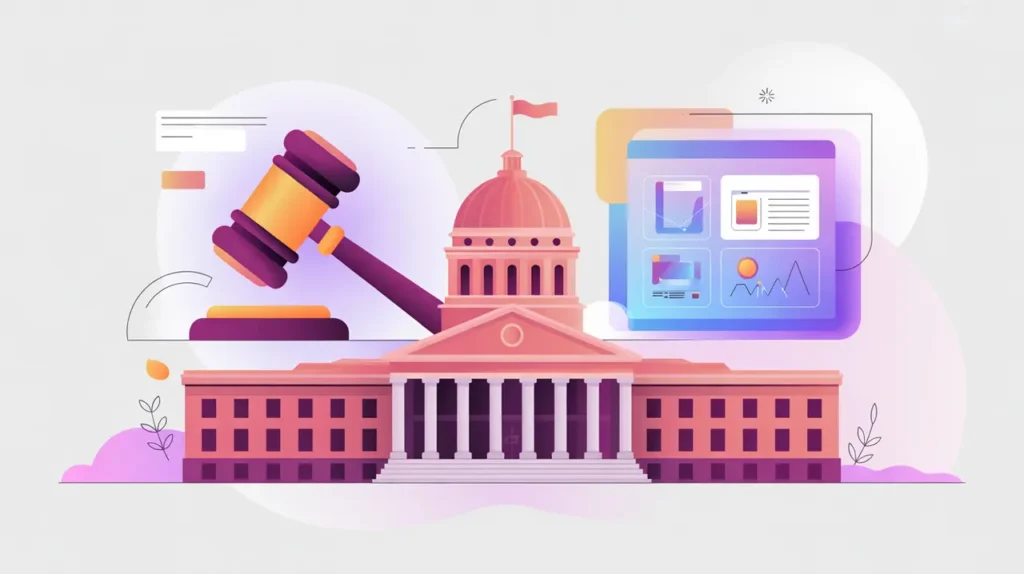Importance of Academic & Research Institutions shaping Evidence & Standards
Academic and research institutions play a foundational role in advancing the knowledge, evidence, and standards that shape AI development and use. Universities, think tanks, and research centers train talent, generate evidence, and set intellectual agendas. Their importance today lies in their ability to provide independent, rigorous analysis in a field often dominated by corporate or government interests.
For social innovation and international development, these institutions matter because they supply the evidence base for policy, the frameworks for governance, and the standards that guide responsible AI adoption.
Definition and Key Features
Academic institutions have long contributed to the development of AI, from early computer science research to today’s breakthroughs in machine learning. Beyond technical work, they contribute to ethics, law, and social science perspectives on AI. Independent research organizations often serve as watchdogs, producing evaluations of systems and recommendations for governance.
This is not the same as private sector R&D, which is often proprietary and profit-driven. Nor is it equivalent to policy-making alone, though academic research frequently informs regulation. Academic and research bodies contribute public knowledge, training, and accountability.
How this Works in Practice
In practice, academic institutions may conduct impact assessments of AI use in education, create benchmarks for fairness in algorithms, or lead cross-border collaborations on AI ethics. They often convene multi-stakeholder dialogues, bringing together governments, private firms, and civil society to shape standards. Think tanks and policy institutes play complementary roles by translating technical insights into actionable recommendations.
Challenges include funding dependence on governments or corporations, which can compromise independence, and uneven global capacity, with many low- and middle-income countries lacking robust AI research infrastructure. Bridging gaps between research and practice remains a persistent issue.
Implications for Social Innovators
Academic and research institutions shape mission-driven sectors in multiple ways. Health programs benefit from clinical trials and standards for AI diagnostics. Education initiatives rely on pedagogy-informed evidence about adaptive learning. Humanitarian agencies draw on research to assess risks and design safeguards for AI in crisis response. Civil society organizations partner with academics to generate credible evidence for advocacy.
By shaping evidence and standards, academic and research institutions provide the foundation for responsible AI development, ensuring that innovation is grounded in knowledge, ethics, and accountability.







